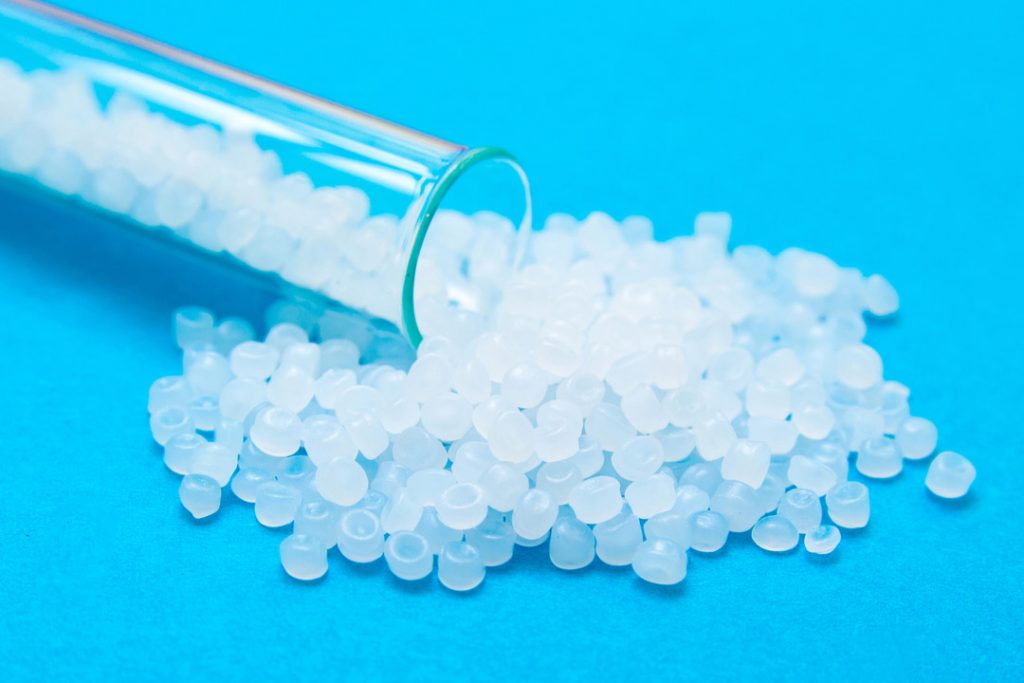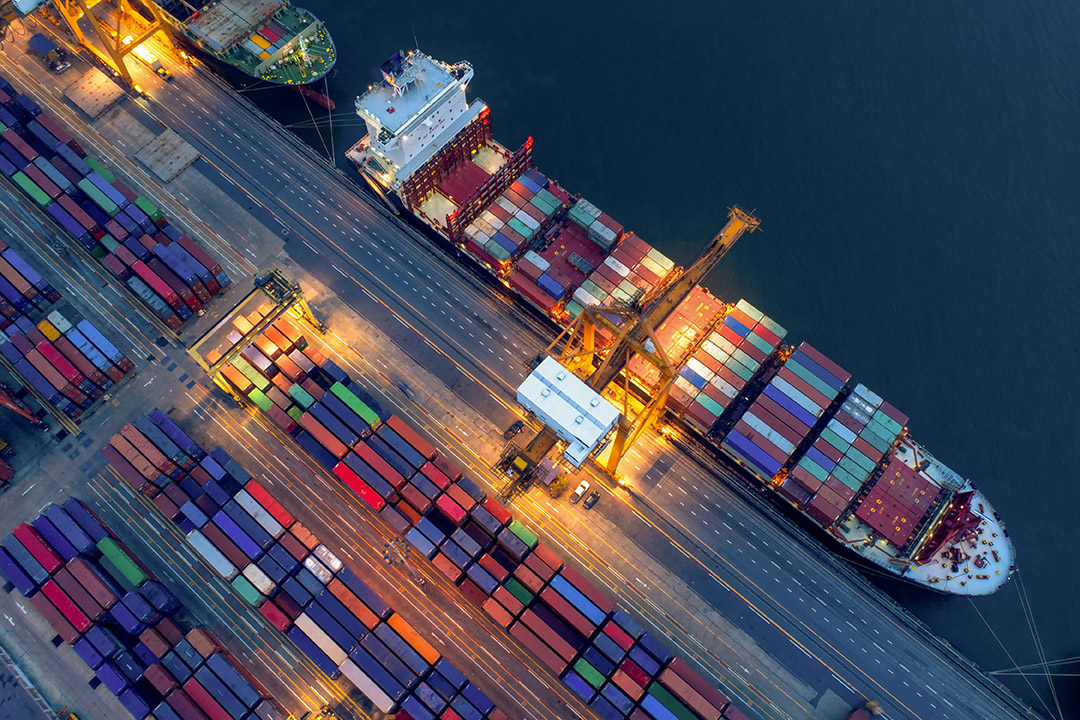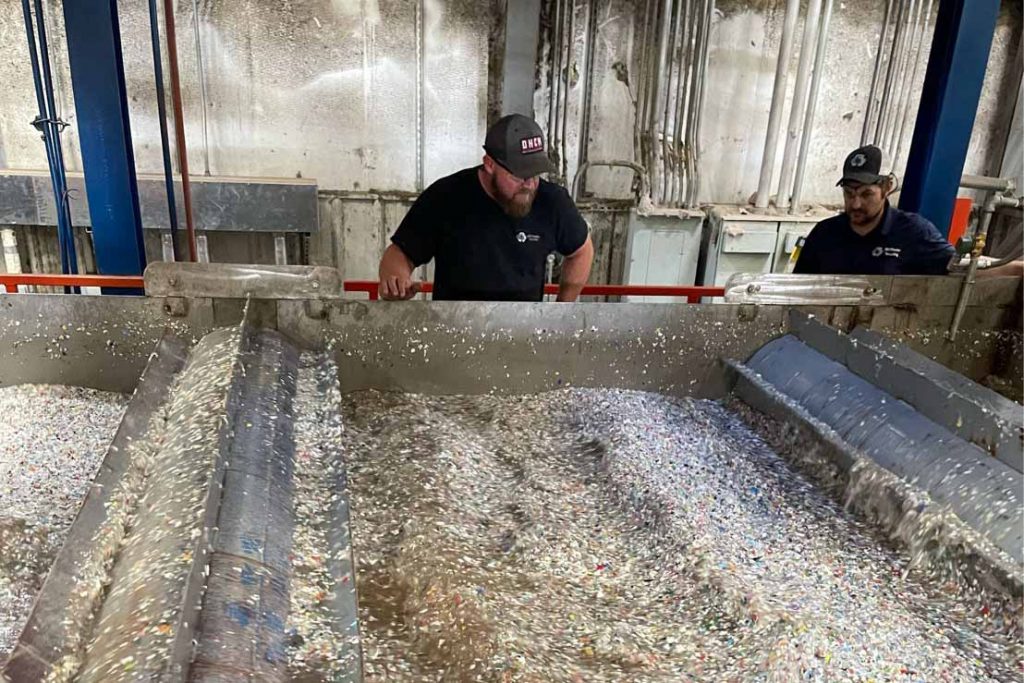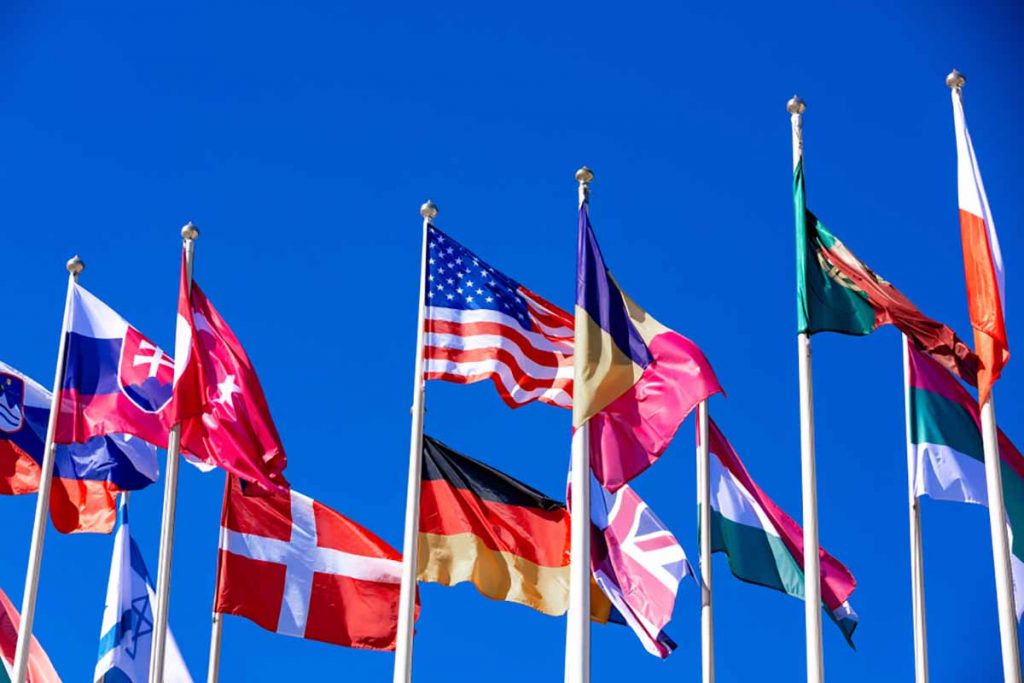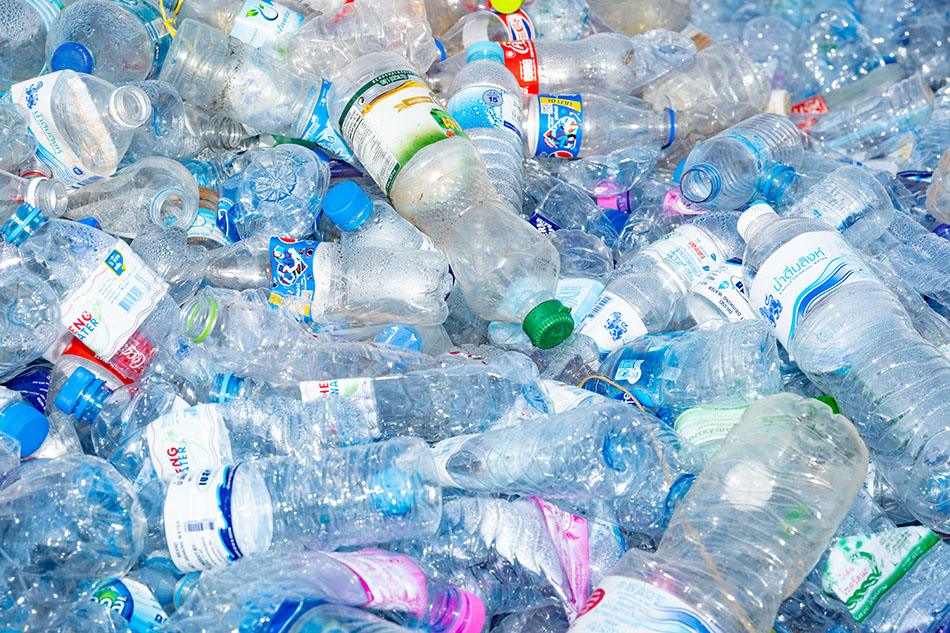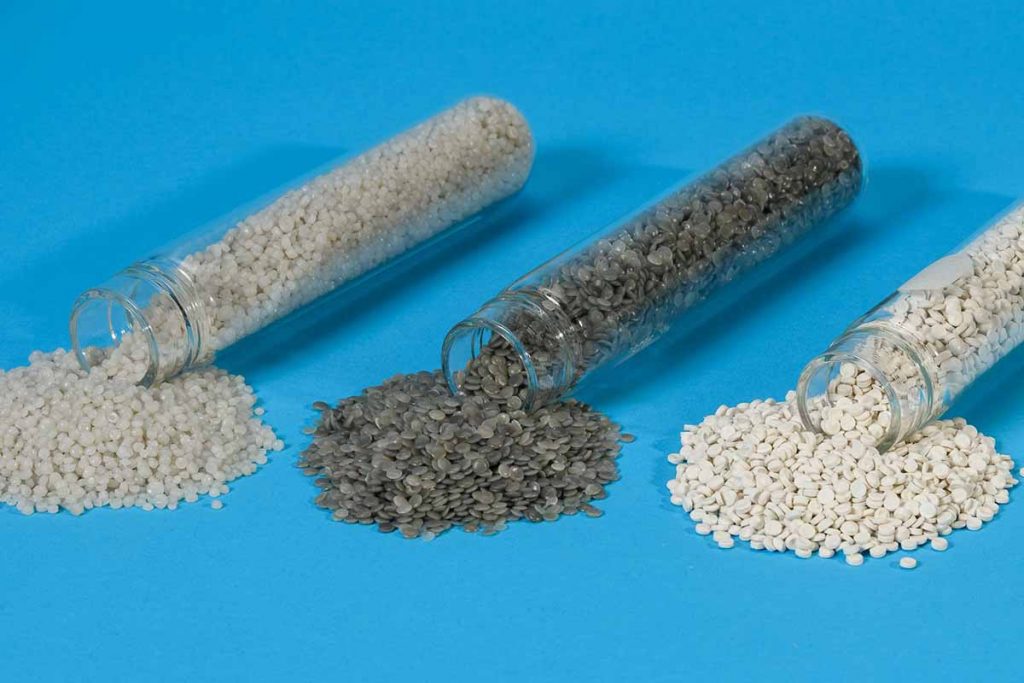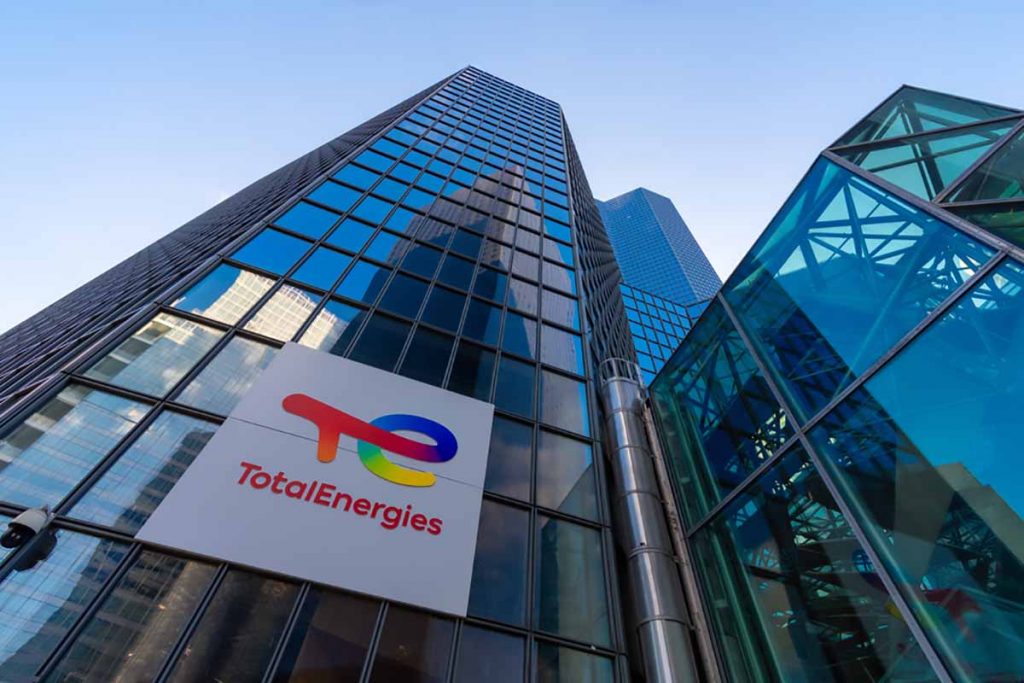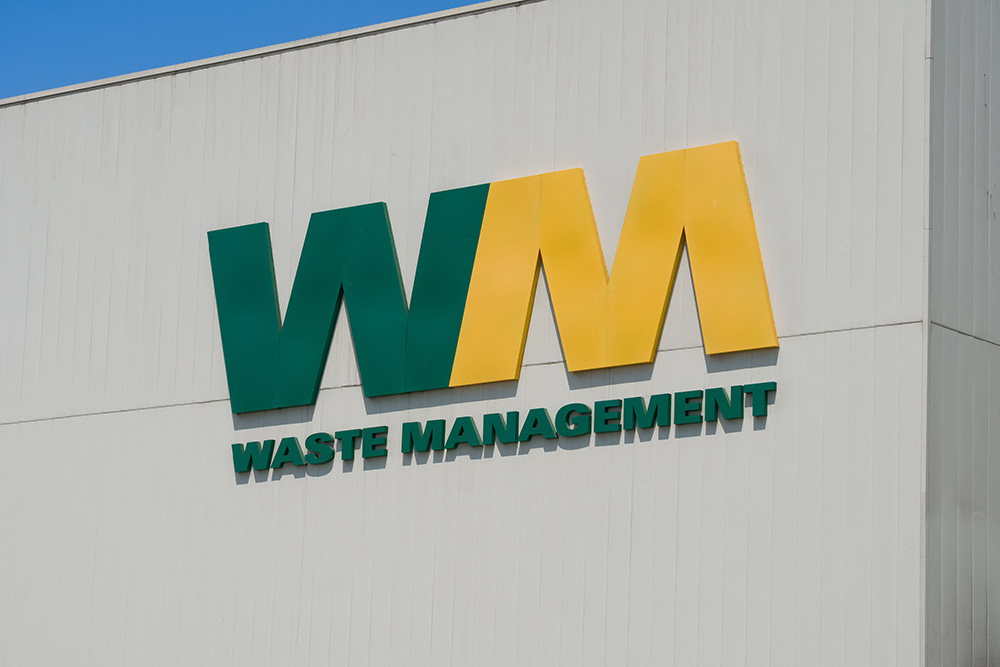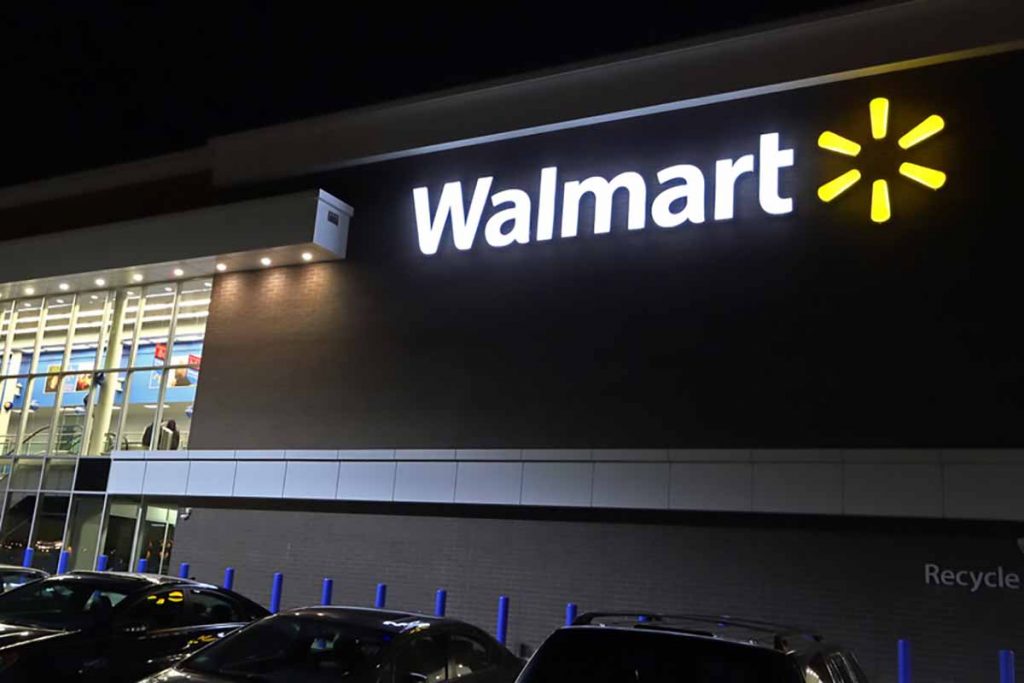
The Greenpeace lawsuit focuses on Walmart’s use of the How2Recycle label on certain of the company’s private label plastic packaging. | QualityHD/Shutterstock
A lawsuit alleging Walmart deceives customers about recyclability of its packaging has been reopened. Attorneys for Greenpeace expect their complaint, which was previously dismissed by a federal judge, will be allowed to move forward in its amended form.


 Colin Staub was a reporter and associate editor at Resource Recycling until August 2025.
Colin Staub was a reporter and associate editor at Resource Recycling until August 2025.